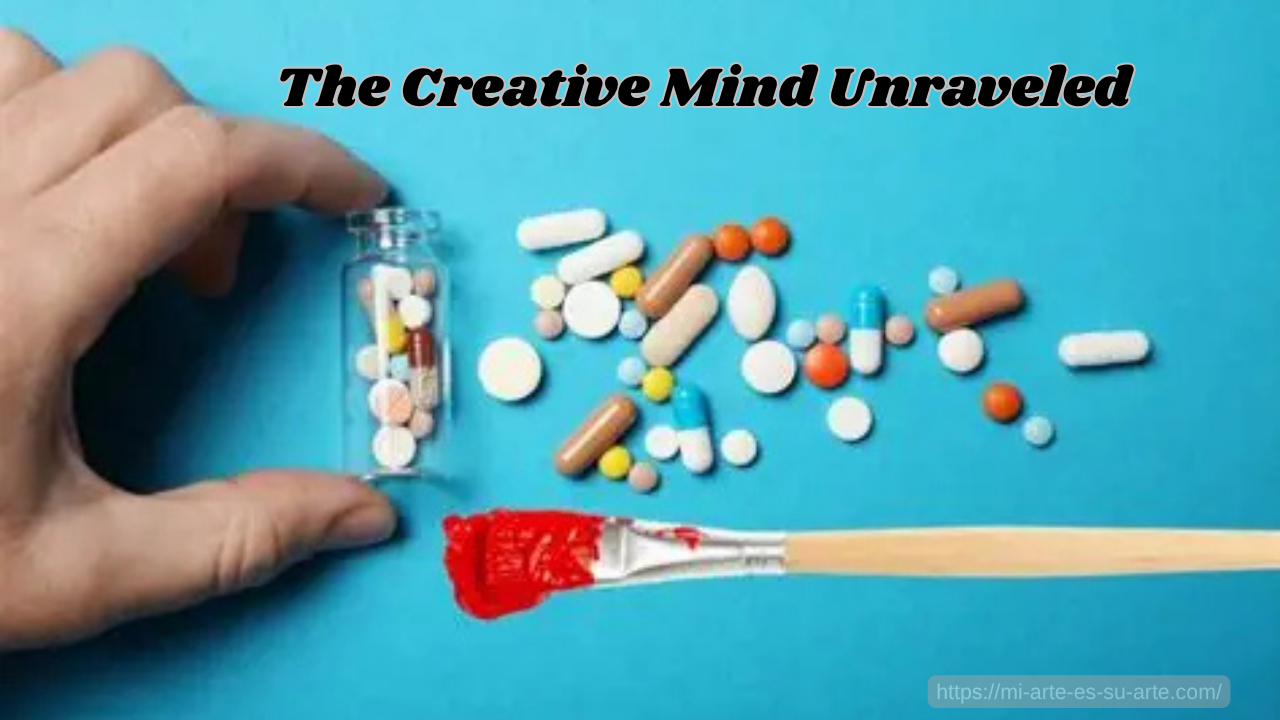 Artists are often admired for their ability to transform emotion into expression, creating work that moves, inspires, and challenges audiences. However, the very qualities that drive creativity—sensitivity, intensity, and deep emotional awareness—can also make artists particularly vulnerable to mental health struggles and addiction. Understanding the complex relationship between creativity and addiction is essential for supporting artists in maintaining both their well-being and their creative potential.
Artists are often admired for their ability to transform emotion into expression, creating work that moves, inspires, and challenges audiences. However, the very qualities that drive creativity—sensitivity, intensity, and deep emotional awareness—can also make artists particularly vulnerable to mental health struggles and addiction. Understanding the complex relationship between creativity and addiction is essential for supporting artists in maintaining both their well-being and their creative potential.
Why Artists Are More Vulnerable
The creative process often demands a high degree of emotional involvement. Artists experience feelings more intensely, process experiences deeply, and are frequently introspective. While these traits enable profound artistic expression, they can also leave individuals susceptible to stress, anxiety, depression, and substance use disorders.
The Pressure to Produce
In addition to internal emotional intensity, external pressures contribute to the vulnerability of artists. Deadlines, public expectations, and financial instability can create a continuous state of stress. For many creatives, the need to constantly produce original work can lead to burnout. In this context, substances may seem like a temporary solution for coping with pressure or fueling creativity.
Isolation and Emotional Strain
Creative work often requires solitude, but prolonged isolation can exacerbate mental health challenges. Time spent alone in studios, rehearsal spaces, or writing rooms may contribute to loneliness and make unhealthy coping mechanisms, including addiction, more likely. Emotional strain, when left unaddressed, can escalate and interfere with both personal life and professional output.
Addiction as a Coping Mechanism
Some artists turn to drugs, alcohol, or other addictive behaviors to manage the emotional intensity of their lives. Initially, substances may appear to ease anxiety, spark inspiration, or numb pain. However, reliance on substances often leads to dependency, worsening mental health, and a disruption in the creative process. The cycle of addiction can leave artists feeling trapped, isolated, and disconnected from the very art that once inspired them.
Breaking the Cycle Through Professional Support
Recovery begins with compassionate, individualized care. At Mi Arte Es Su Arte, treatment combines addiction recovery services with mental health support, offering both inpatient and outpatient programs. Inpatient care provides a structured environment for intensive recovery, while outpatient care allows for ongoing support while continuing creative pursuits. Programs are tailored to each individual, addressing personal challenges and fostering emotional resilience.
Holistic and Faith-Based Approaches
Holistic treatment integrates mind, body, and spirit into the recovery process. Creative therapies, mindfulness practices, and faith-based support empower artists to process emotions safely, restore balance, and rebuild a meaningful relationship with their art. This comprehensive approach helps individuals not only overcome addiction but also reconnect with their creativity in healthier ways.
Reclaiming Creativity Through Recovery
True recovery is about more than abstinence. It is about rebuilding emotional strength, developing healthy coping mechanisms, and rediscovering joy in the creative process. By addressing both mental health and addiction, artists can reclaim their creative voice and pursue their work with clarity and purpose.
Taking the Next Step
The creative mind does not have to unravel under the weight of addiction. With the right support, sensitivity and passion can become tools for healing rather than sources of struggle. If you or someone you love is struggling with addiction or mental health challenges, reaching out for help is the first step toward recovery. Compassionate, individualized care can help artists heal, thrive, and continue creating with purpose and resilience.